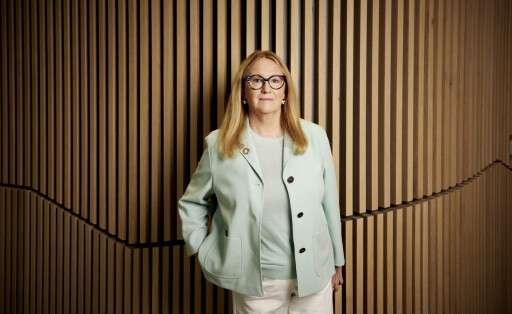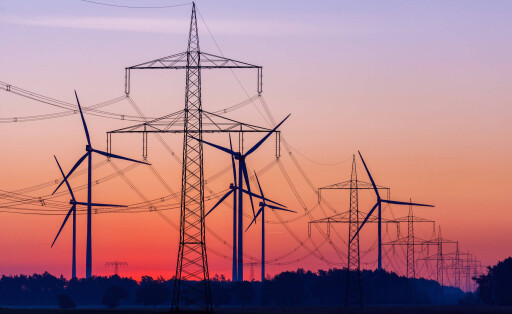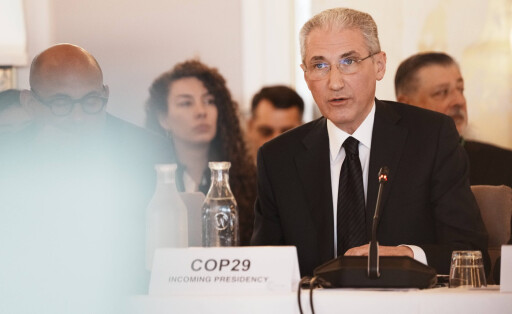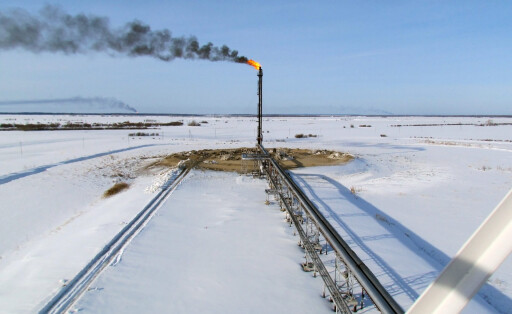
Heat pumps: German subsidy policy far ahead in European comparison
Praise for the German government: The level of German heat pump subsidies means that Germany performs well in an international comparison.
By Malte Kreutzfeldt

Praise for the German government: The level of German heat pump subsidies means that Germany performs well in an international comparison.
By Malte Kreutzfeldt

One-third of the drought in the summer of 2022, which affected large parts of Europe, can be attributed to man-made climate change. Delayed climate effects also played a role.
By Lukas Bayer

Flights over 3,000 kilometers are responsible for half of CO2 emissions from air traffic. A new study therefore advises people to take measures to avoid long-haul flights.
By Lukas Bayer

At the annual meeting of the World Bank and IMF, observers and NGOs praise the reform efforts – and warn that this momentum is dwindling. The member states should provide more money, but there is little sign of this. Germany and the ECB also continue to reject an important lever for more climate financing.
By Nico Beckert

At the meeting of the World Bank and the International Monetary Fund, Ingrid-Gabriela Hoven, Deputy Chair of the GIZ Management Board, calls for a paradigm shift in climate financing: More private investment, a strong role for governments, and banks must systematically take climate risks into account.
By Experts Table.Briefings

According to the International Energy Agency (IEA), the world is about to enter an "age of electricity." Demand for fossil fuels could fall slightly before 2030. OPEC also revised its forecasts and expects lower growth in oil demand.
By Nico Beckert

The UN Biodiversity Conference COP16 kicks off in Cali, Colombia, on October 21. The focus will be on mobilizing financial resources for biodiversity conservation. Host country Colombia sees itself as a bridge builder to close the financial gap.
By Claire Stam

Shortly before COP29, there are still many uncertainties regarding the new climate finance target (NCQG), the level of the target, the donor countries and the structure of the NCQG. A draft negotiating text reveals the open questions.
By Nico Beckert

The EU Court of Auditors has identified clear deficiencies in the EU's climate change adaptation policy. Despite high financial resources, the measures lag behind the ambitious targets, and in some cases, they even lead to maladaptation.
By Lukas Knigge

In 2023, much more associated gas was flared during oil and gas production than in the previous year, increasing CO2 emissions by seven percent. Yet reducing flaring is actually considered a climate action measure that can be implemented quickly.
By Nico Beckert